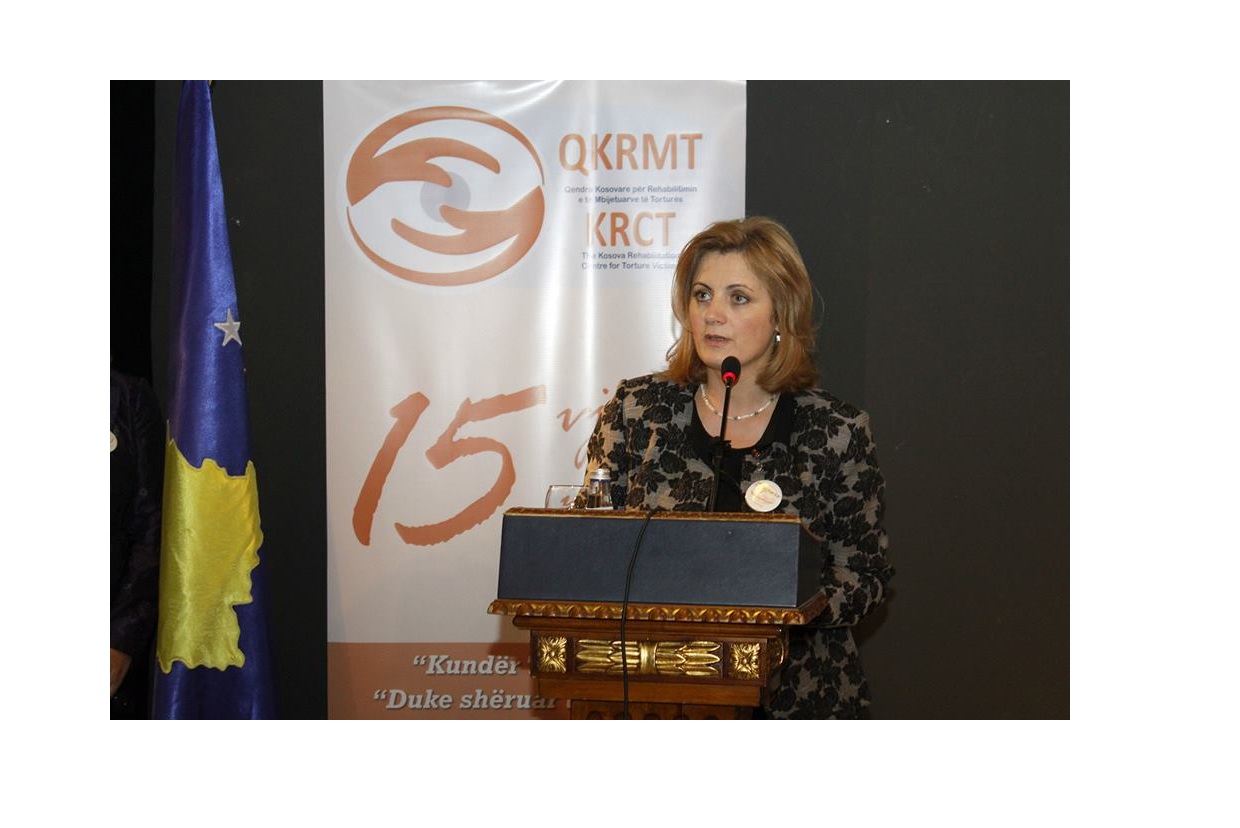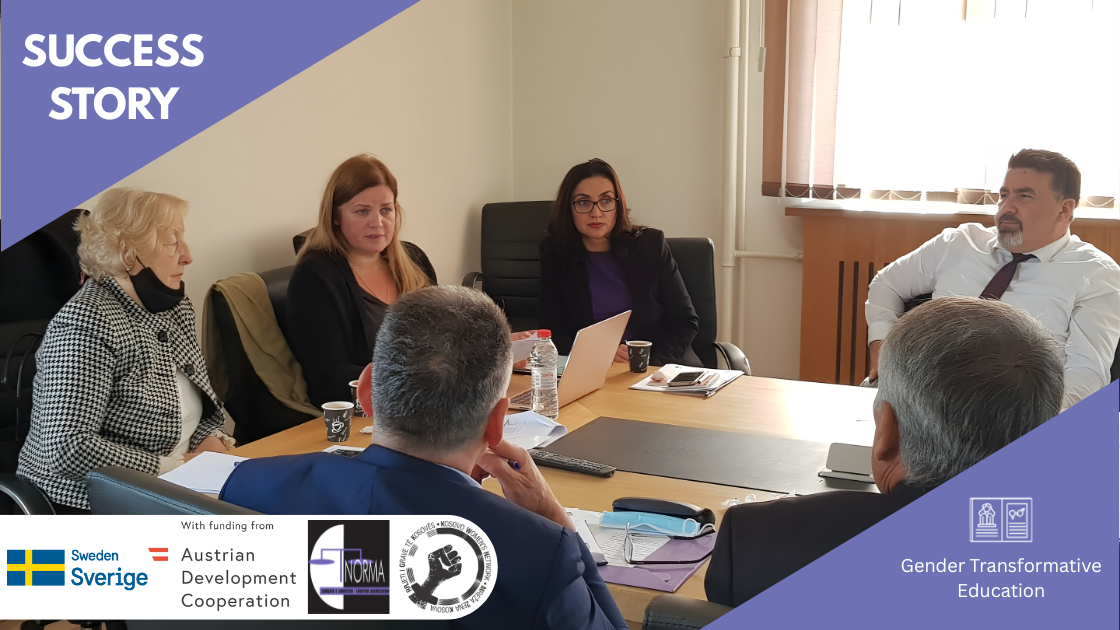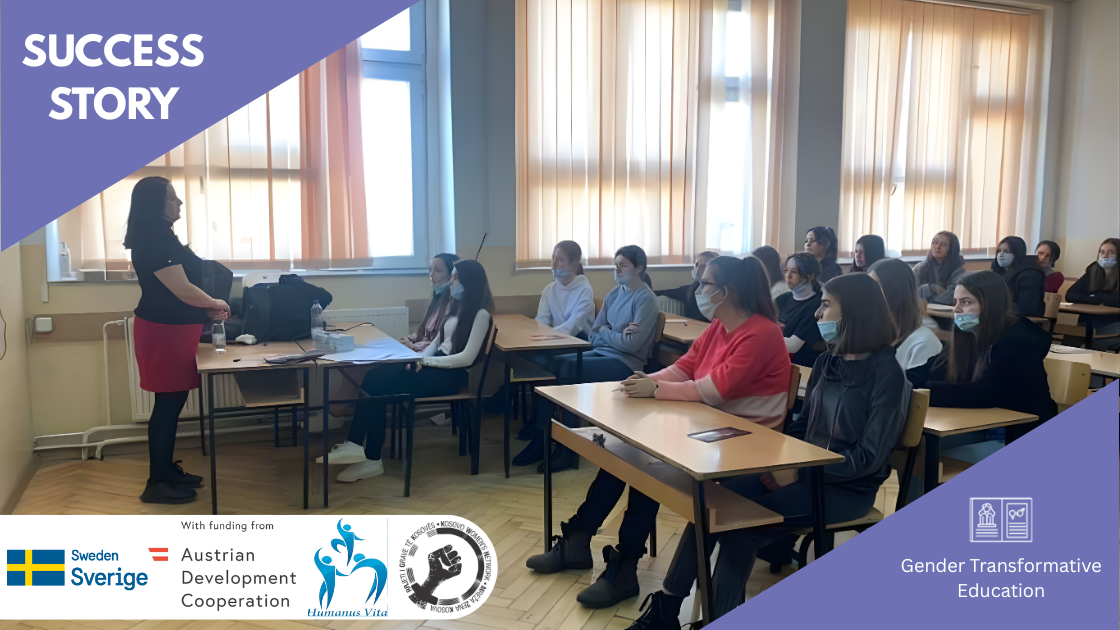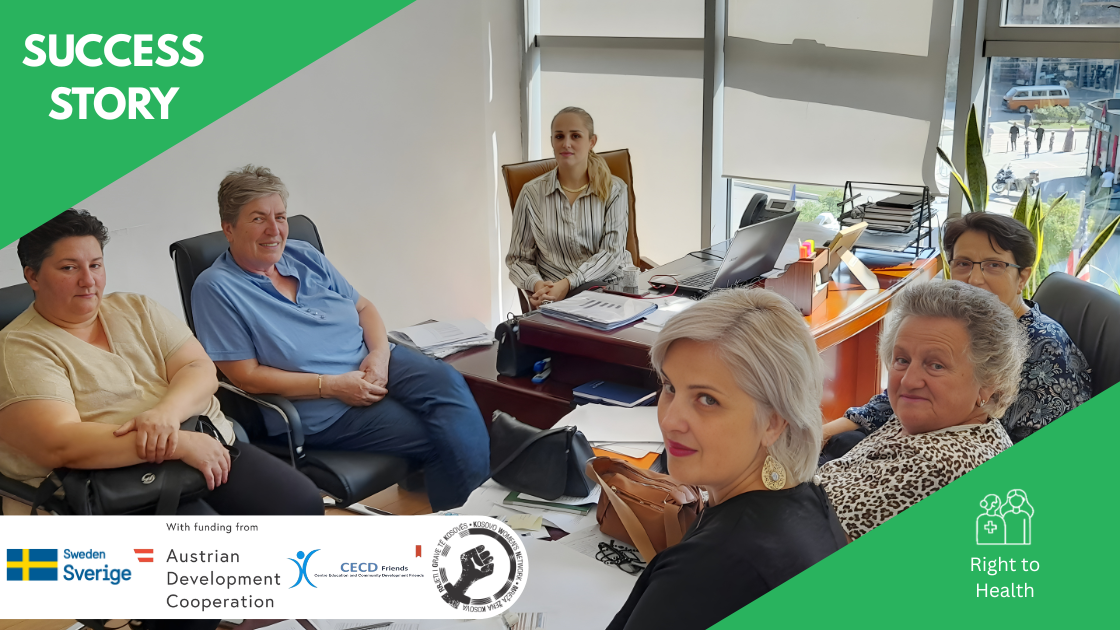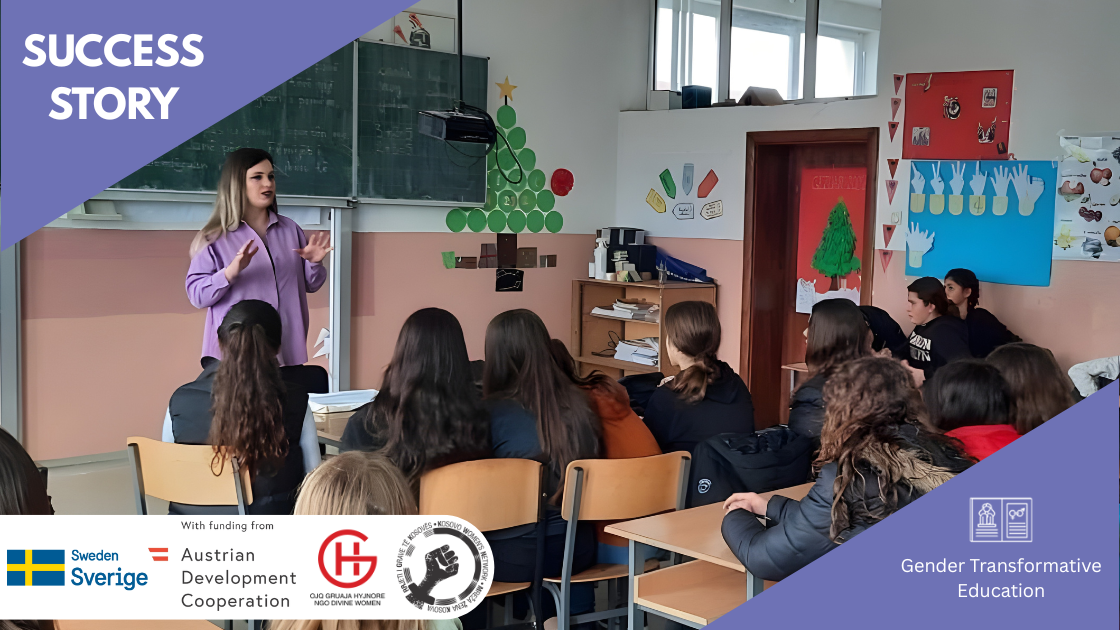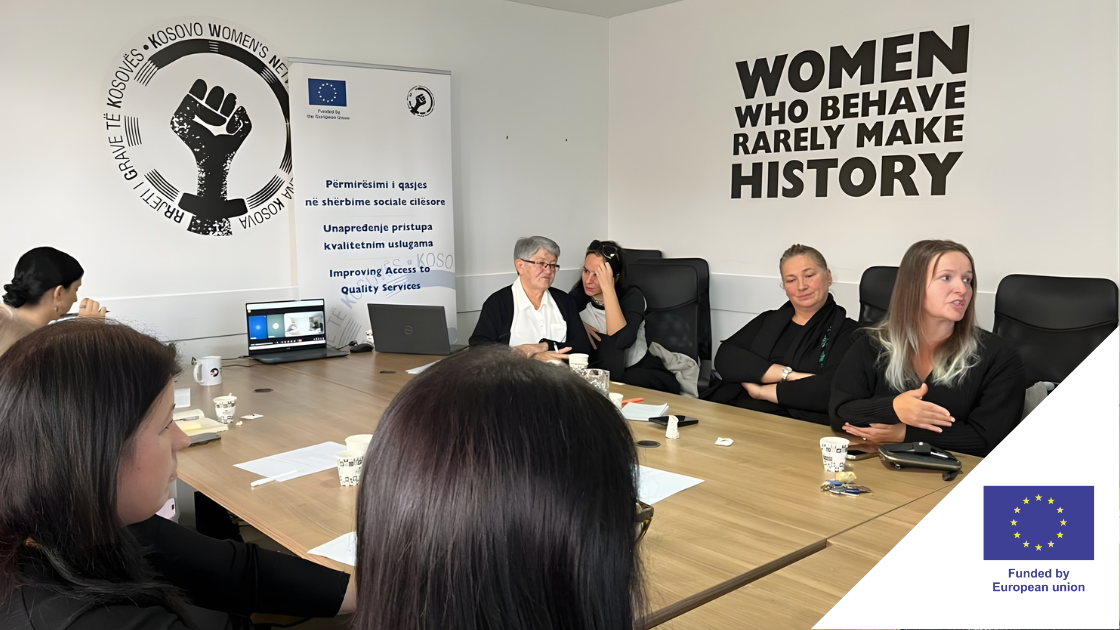On 15 Oct. the Kosovo Rehabilitation Center for Torture Victims marked its 15th anniversary. The ceremony aimed at describing this 15 year long journey.
“In autumn of 1999, we began to build the foundations of the Center as a direct answer to the psycho-social medical needs of victims of the systematic violence and torture that the civil population experienced during the war. With great ambitions from the get go, this center aimed towards restoring hope to those who were left with physical and mental consequences” – Said Executive Director Feride Rushiti.
The initial activities of the Center focused in Prishtina only, but their services quickly expanded covering other damaged areas such as Skenderaj, Drenas, Rahovec, Suharekë, Mitrovicë, Podujevë, Pejë, Deçan dhe Gjilan. Hence, for the past 15 years, this center has marked the main entity for training and rehabilitation of survivors of torture. Thus far, 18.000 people have benefitted from the Centers services.
Kosovo Rehabilitation Center for Survivors of Torture, has also engaged in multiple studies and researches that serve to educate, document, advocate for, and create national platforms for psycho-trauma. Atifete Jahjaga, President of the Republic of Kosovo, was also present at this ceremony.
“This center continues to be a powerful voice for the protection of victims of violence and torture”. Said president Jahjaga. “For the past 15 years, the center has been a powerful partner of the citizens of the Republic of Kosovo and its institutions in our strive to find health, legal, and psychosocial mechanisms. This work was done only for the sake of rehabilitating and reintegrating all citizens who have been victims of torture and violence during the war. I would like to thank the director and staff of the center for this work and commitment”
Other participants included many local and itnernational stakeholders, from the civil as well as political spectrum.

